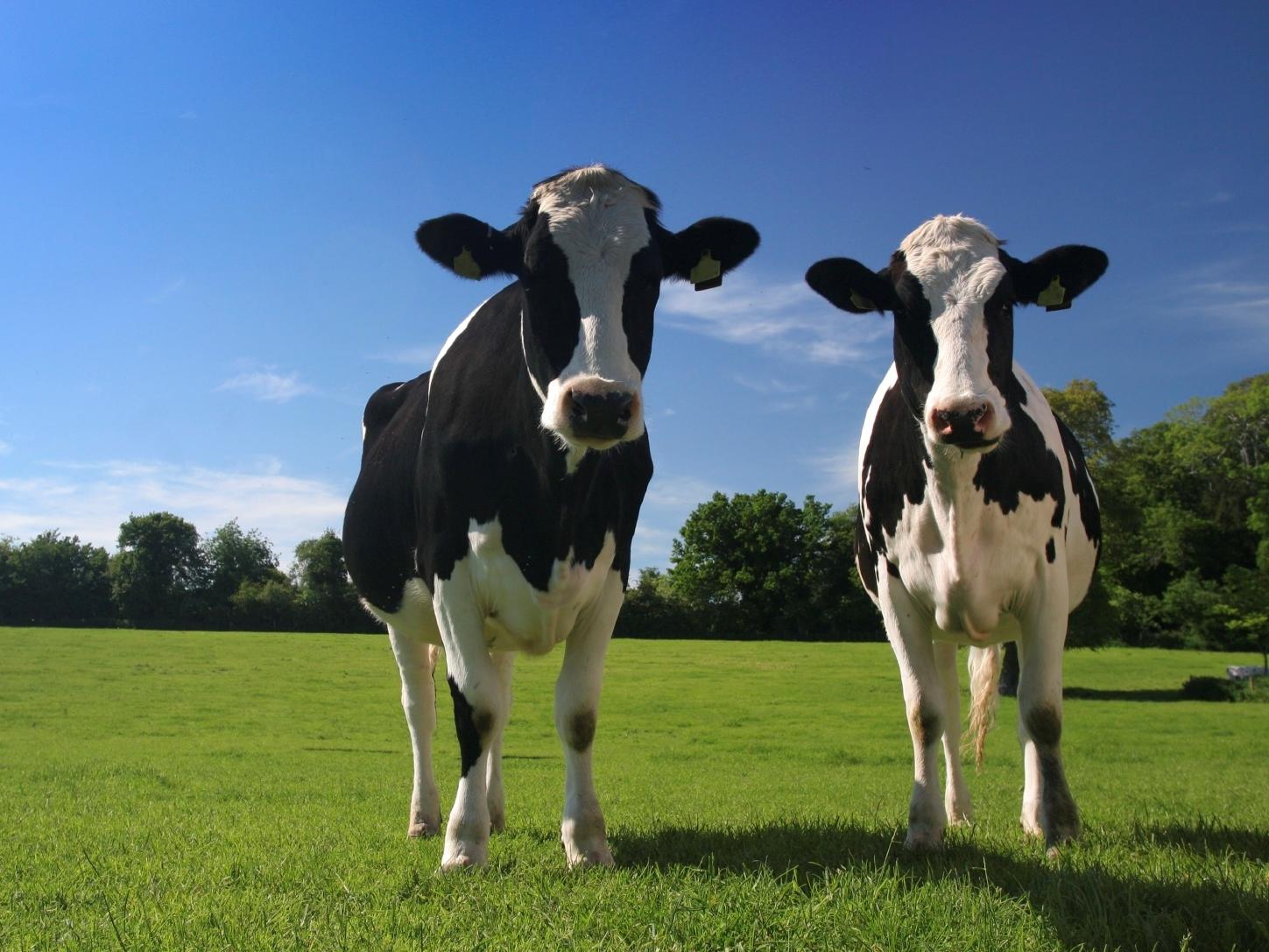Less and Better Meat is Key for a Healthier Planet
Published: October 2017
Is grass-fed beef good or bad for the climate? That’s the question examined in a major report released this week by the University of Oxford’s Food Climate Research Network (FCRN). While “Grazed and Confused” intended to reduce confusion about the climate merits of pasture-based meat, the report’s narrow focus on the net climate impacts of grass-fed meat has instead muddied the waters.
That’s because one of the report’s main conclusions—”Eating less meat, of all types, is critical for fighting climate change”—fails to account for the many environmental, animal welfare, and health benefits of well-managed, pasture-raised animals. The report’s message also undercuts the urgent need to expand support for pasture-based and mixed crop-livestock systems as vital alternatives to the industrial meat industry’s inhumane and environmentally destructive practices, including reliance on toxic, chemical-intensive GMO monocultures for feed.
The authors base their conclusion on their finding that the carbon sequestration gains of even well-managed grazing systems are eclipsed by these farms’ methane and nitrous oxide emissions. We agree that reducing meat consumption is key to combating climate change. But does that mean we should focus on eating less grass-fed meat or reducing investment and support for farmers that adopt these kinds of production systems?
No. Since more than 95 percent of the beef consumed in the United States comes from animals raised on polluting, inhumane factory farms, we should focus first on slashing consumption—and subsidies for the production of industrial animal products. We also need to significantly increase consumption of and investment in plant-based protein foods. Research shows the world cannot meet greenhouse gas reduction targets without drastically cutting emissions from our meat and dairy-intensive diets. And most of that reduction must come from the global West and North—especially in the U.S., where we eat more meat per person than any other major country in the world.
Grass-fed benefits go beyond climate
Grass-fed beef is not a silver bullet for climate-conscious carnivores. But for those who do eat meat, eating smaller portions of meat that is produced by well-managed, certified grass-fed, and organic farms has other benefits for the well-being of animals, pollinators, public health, biodiversity, our soils, air, and water.

